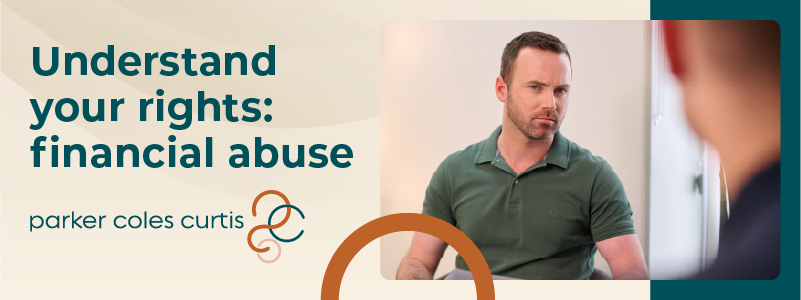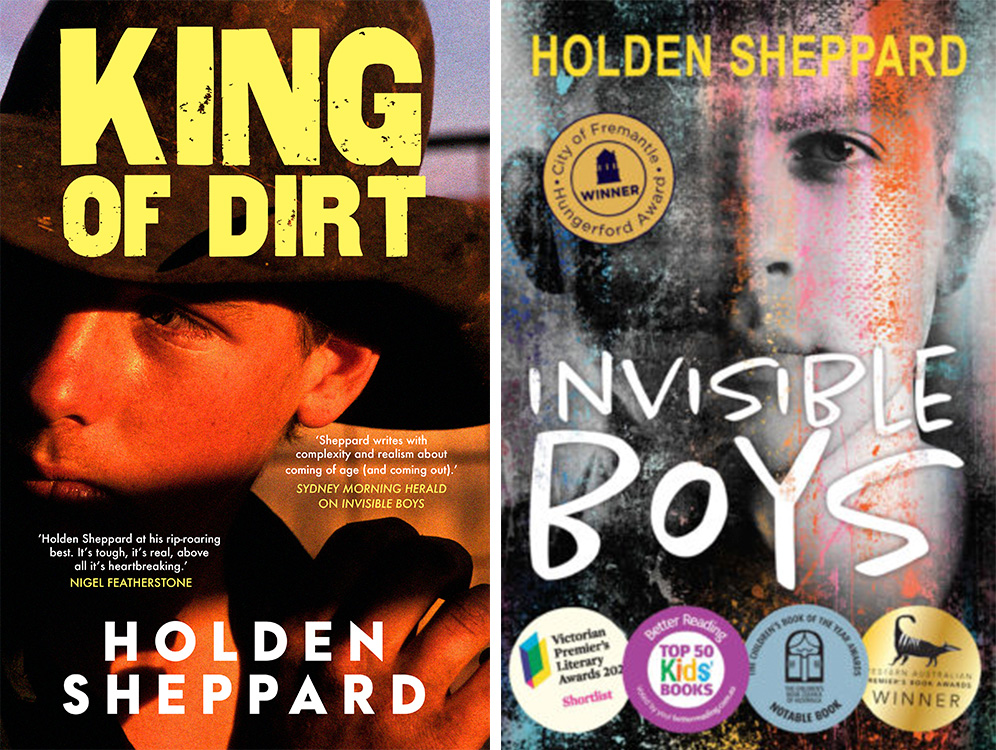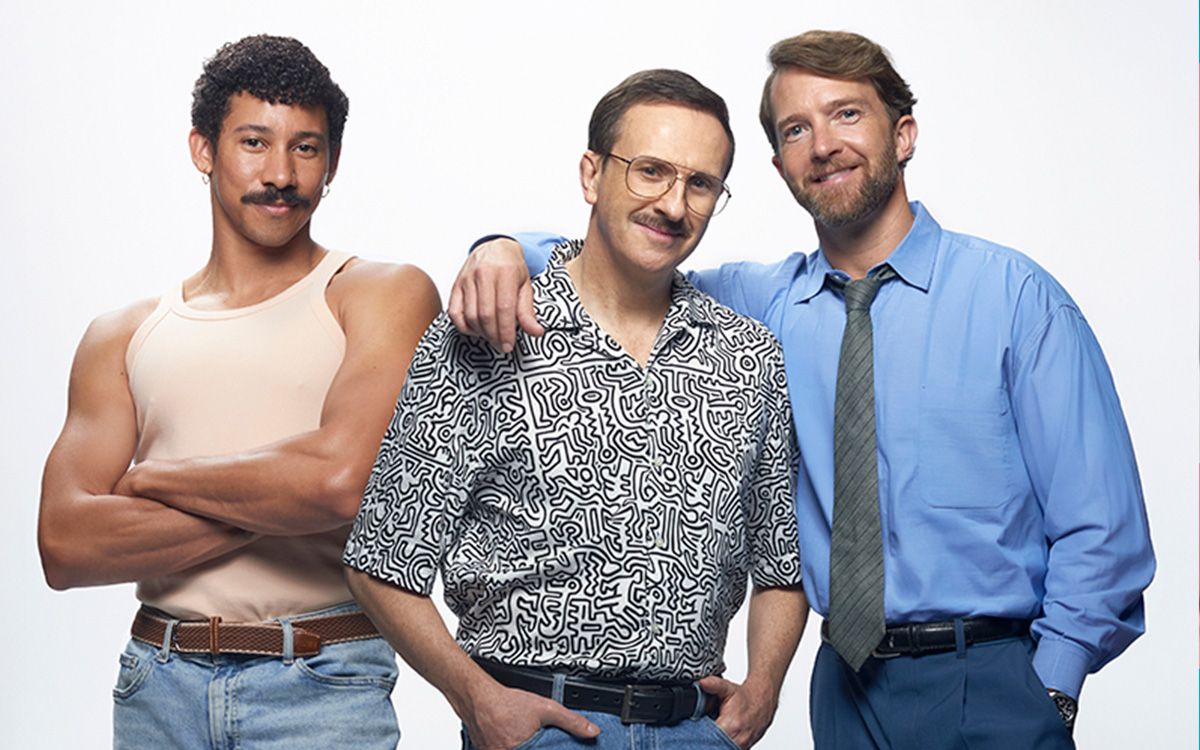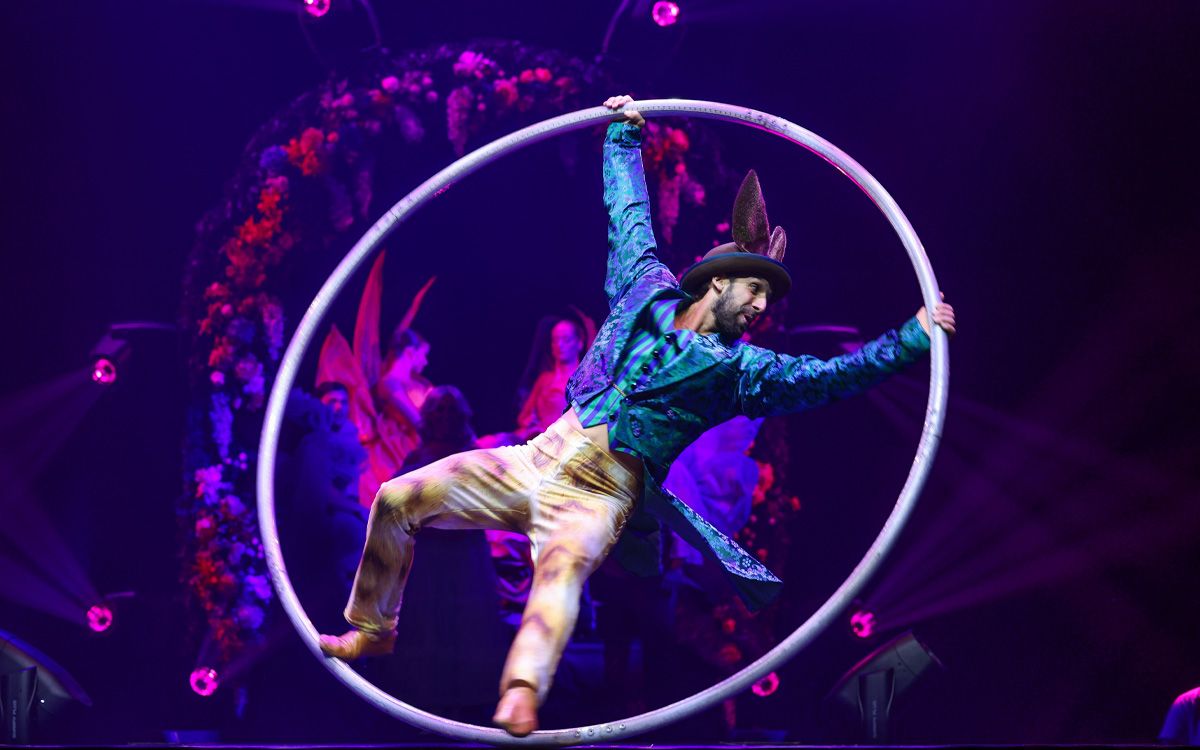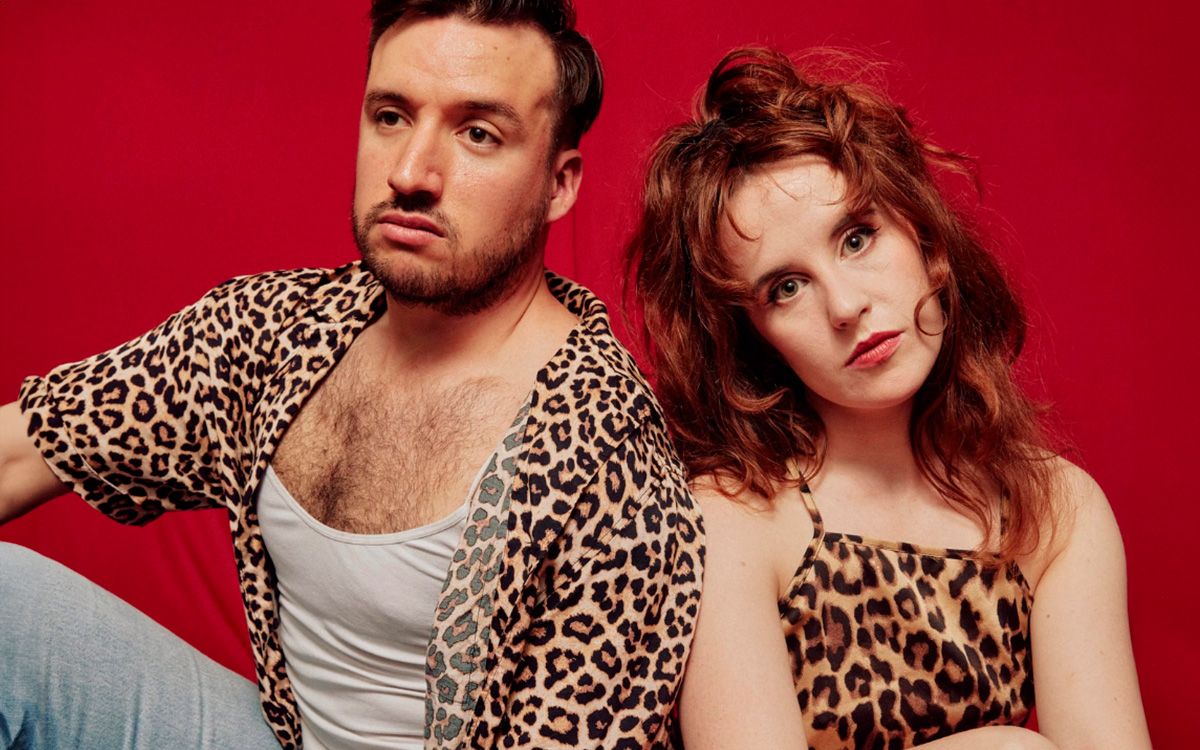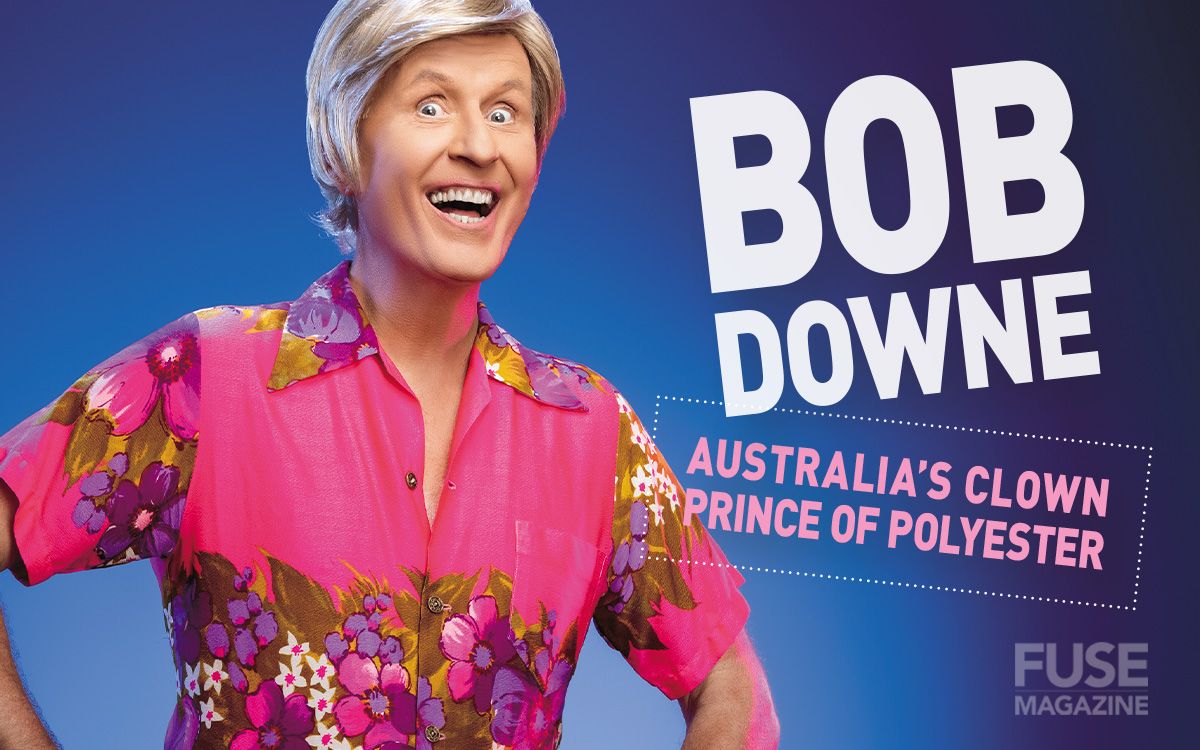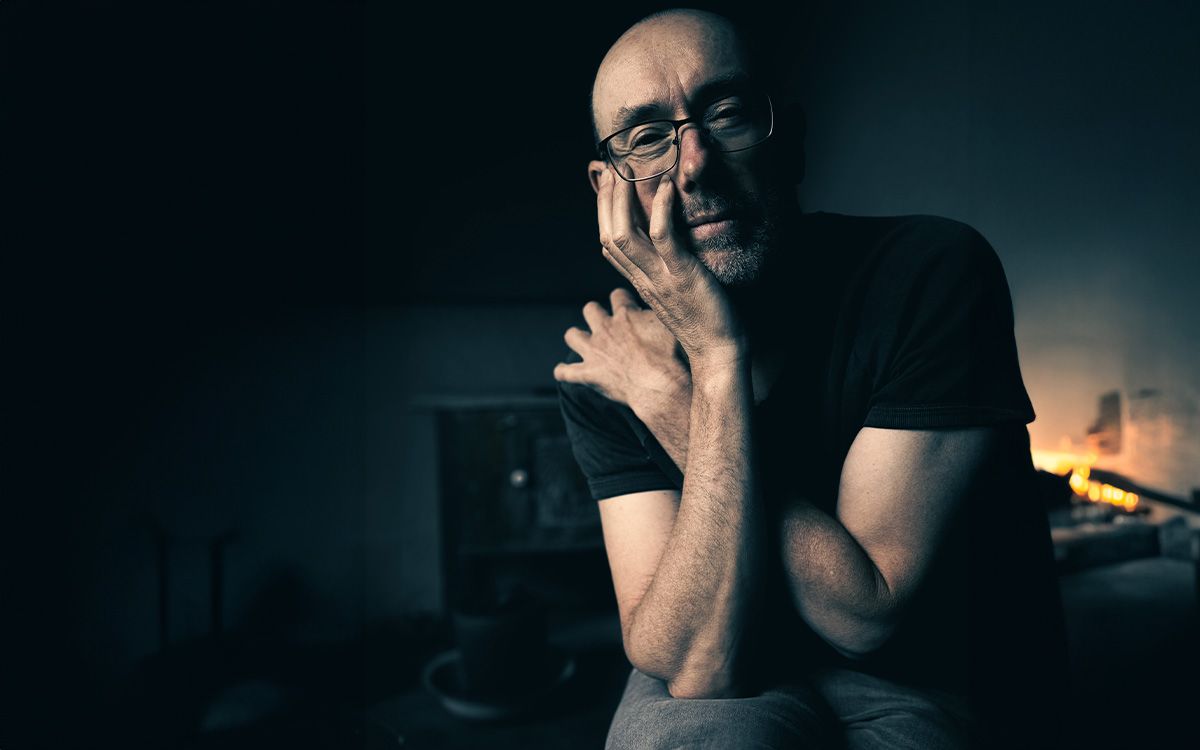Invisible Boys and writing without fear
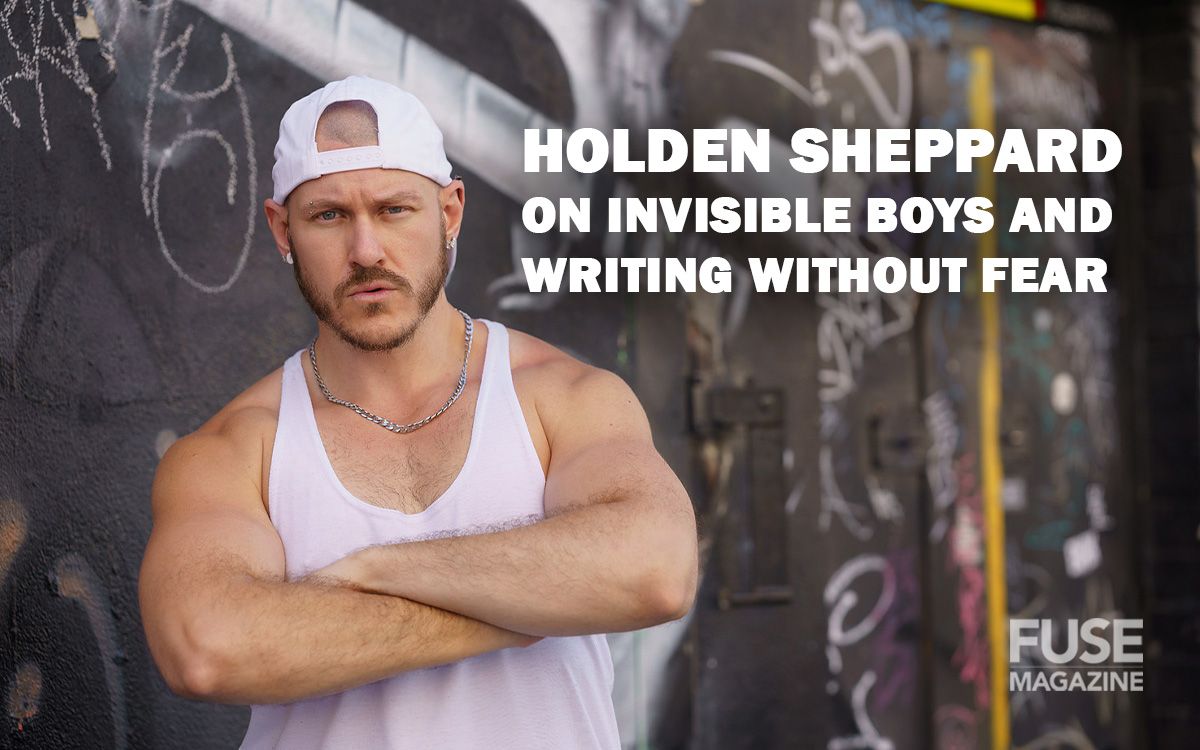
Acclaimed author Holden Sheppard is set to achieve another major career milestone with the highly anticipated 10-episode TV adaptation of his award-winning debut novel, Invisible Boys.
Set in Geraldton, WA, this raw and powerful coming-of-age story follows four young men navigating family expectations, friendships, and their burgeoning sexuality. As Invisible Boys prepares to hit screens on Stan, David Blanco from FUSE Magazine caught up with Holden to discuss the series, his journey as a writer, and what drives him to keep telling bold and important LGBTQIA+ stories.
FUSE / David Blanco : Hi Holden, what are your thoughts on the screen adaptation of your novel, Invisible Boys?
Holden Sheppard: It's incredible. The adaptation has done justice to the book in ways I could have only dreamed of. As a novelist, handing over your work for adaptation is always a gamble in that you hand your 'baby' to someone else and just hope they will capture the essence of what you created. This series truly has. It embraces the rawness and grit of my novel and doesn't hold back on the sex, violence, swearing, or mental health themes. Everything that's in the book is there in the show. The cast is phenomenal too! All the actors are outstanding, but the four leads: Joseph Zada, Aydan Calafiore, Zach Blampied, and Joe Klocek as, Charlie, Zeke Hammer, and Matt are especially exceptional.
What inspired you to become a writer? What was your journey like breaking into the publishing world as an LGBTQIA+ author?
I started writing long before I realized I was gay. Writing has been a passion of mine since I was seven years old. Back then, I was creating little stories that were essentially Enid Blyton knockoffs, boarding school tales and the like. Even though I laugh about it now, I took it very seriously as a kid. I remember deciding at seven that writing was going to be my career. I even wrote in my exercise book that my book would be on sale at Target for $2.75 and would be published by the time I was eight. Of course, that didn't happen!
It took over 20 years before Invisible Boys was published. I was around 31 when it came out. Coming from a background like mine, pursuing writing felt like a far-fetched dream. I was the first in my family to go to university, and no one around me had much of a connection to books or literature. It was a big leap to leave Geraldton, where I'd grown up as an earthmover's son, and move to Perth to study writing. But I kept pushing, and eventually, I achieved that dream of becoming a published author.
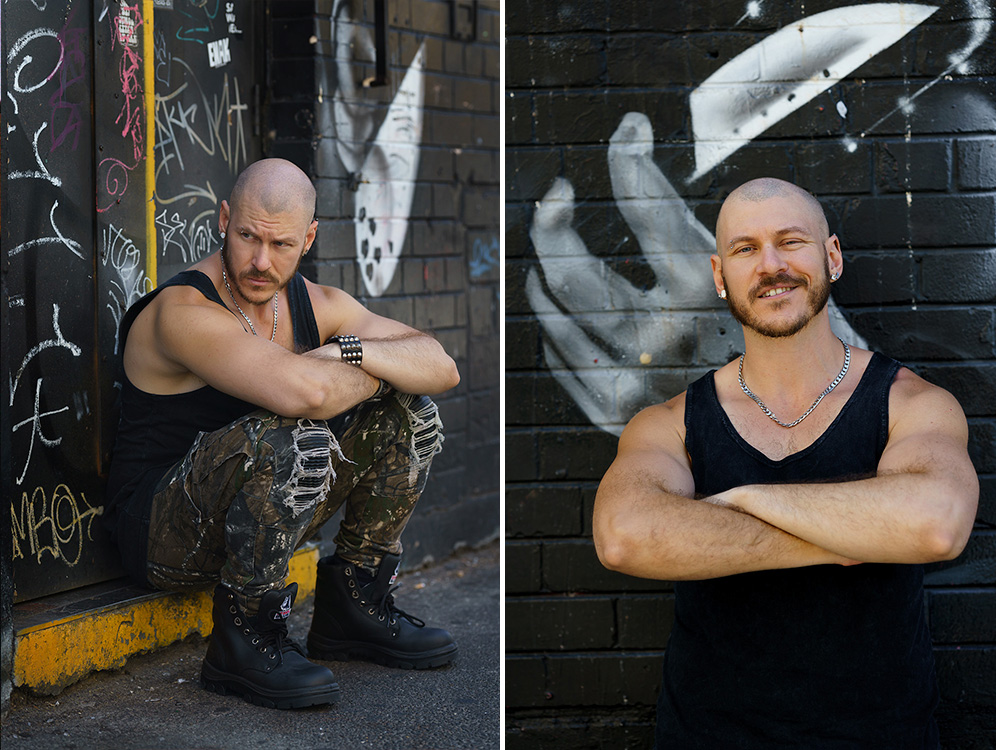
What was the inspiration behind Invisible Boys? Why did you think this was an important story to tell?
When I first started trying to get published after my university studies, I spent three years working on a mainstream, commercial fantasy adventure book. It didn't touch on any gay themes because, at the time, I wasn't comfortable bringing my sexuality into my work. I was openly gay at work, but I didn't make it a central part of my life or identity.
My goal was to write something commercial, with straight characters that would sell millions of copies. But when I submitted that manuscript to agents in early 2017, it was rejected across the board. The feedback I got was consistent: my writing was competent, but the story lacked heart. One question kept coming up: why wasn't I writing anything real?
This feedback was a turning point for me. I realized that if I wanted my work to connect with people, I needed to bring more of my authentic self into it. Around that time, I came across Ernest Hemingway's quote: 'Write hard and clear about what hurts.' That really stuck with me. So, I decided to start over and write about the pain I had buried. Growing up gay in Geraldton as a Catholic, a good Italian boy, and someone from a blue-collar family was incredibly difficult. It wasn't something I felt safe or good about, in fact it made me feel like I was sick or wrong.
Writing Invisible Boys was a cathartic experience. The words poured out of me, and within two months, the book was complete. The story was deeply personal and heavily inspired by my own experiences, and for the first time, I felt prepared to share that part of myself.
Your work often delves into the themes of identity and belonging. What draws you to these themes and have they evolved in your writing over time?
I feel like I've had to rebuild myself from the ground up, and I think many gay men experience a divide between their private and public selves, especially when it comes to sexuality. There's often a pressure to present a version of ourselves that's 'acceptable' to friends, colleagues, and society. That was certainly true for me. Writing 'Invisible Boys' was a way of writing myself into existence. It allowed me to let go of shame, not only about being gay, but about my sexuality as a whole and the kind of man I am.
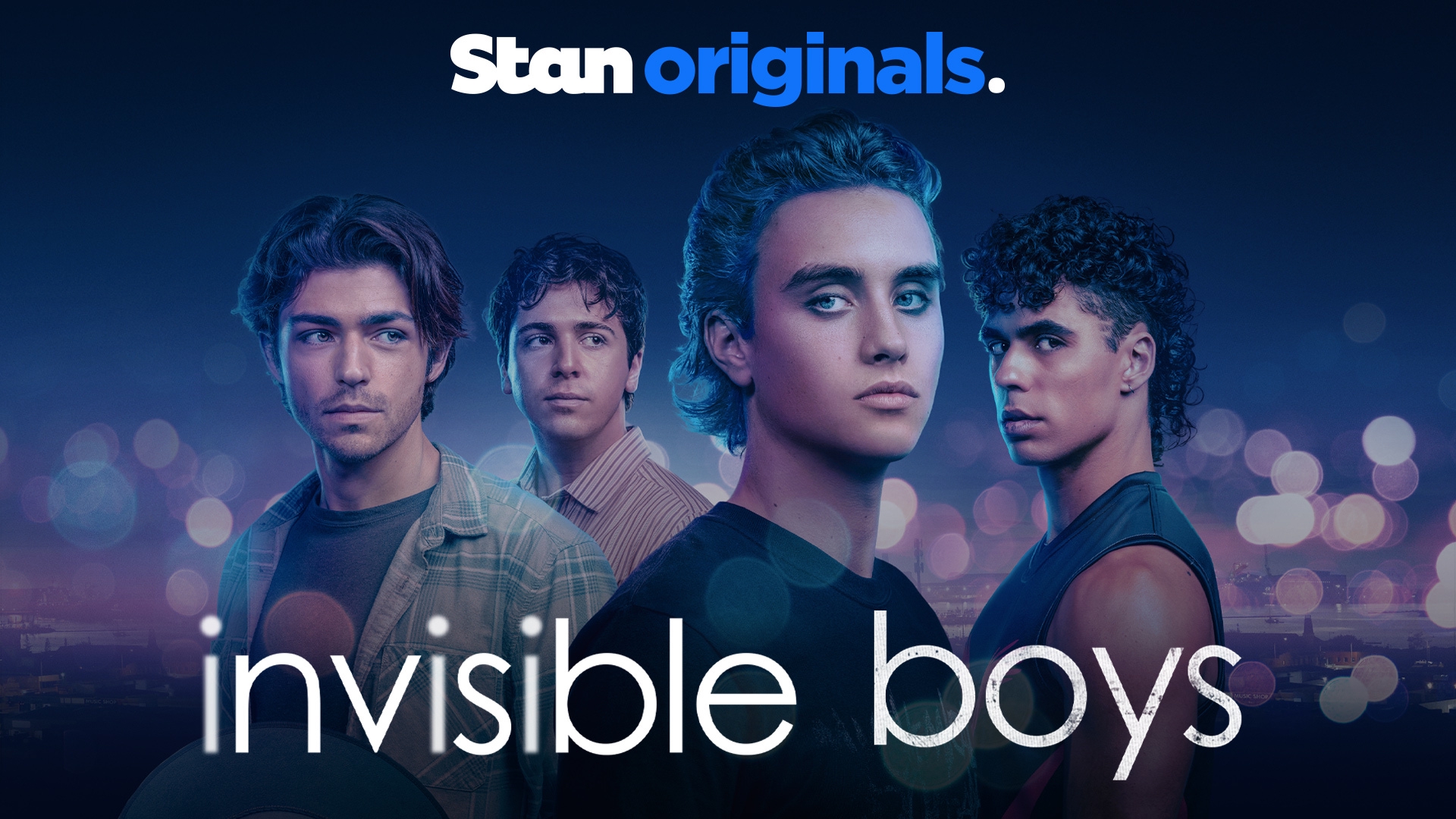
Is writing a healing act for you?
I see writing as a cathartic act, but I'm always careful to stress that it's different from therapy. Therapy is therapy!
Over the past five or six years, I've had so many people approach me at signings and share deeply personal, often heartbreaking experiences, some of the most harrowing things a gay, bi, lesbian, or trans person can go through. Many of them ask, 'Should I write about it?' sometimes just weeks after the event.
I always look them in the eyes and say, 'Not yet.' When trauma is still raw, writing about it can reopen rather than heal emotional wounds. I always encourage people to seek therapy first, to give themselves time to process and heal. When that pain becomes a scar rather than an open wound, that's when it can be turned into a story. Once someone is ready, putting something so real into the world can be incredibly powerful.
What's it like seeing your story translated from page to screen?
I was incredibly fortunate that when 'Invisible Boys' was first released, three different parties immediately expressed interest in acquiring the film and TV rights. It was a surreal but exciting position to be in as a debut novelist.
From the start, I had three non-negotiables for any adaptation. First, I wanted it filmed in Western Australia, specifically in Geraldton and Perth, using WA talent. Second, it needed to maintain the book's raw, unfiltered qualities. 'Invisible Boys' is a story about puberty and sexual awakening, but unlike 'Heartstopper' I didn't want it sanitized into something overly polished or chaste.
Lastly, I wanted the adaptation to depict a diverse range of gay men, especially those who don't see themselves in typical media portrayals. When I first met the show's eventual director, Nicholas Verso, he identified these same priorities without any prompting from me. That was the moment I knew he was the right person for the job. He understood the story at its core, and as a gay man himself, I trusted him to get it right, which he did.
With your debut novel being adapted into a 10-part series on a major streaming platform, do you feel like you've arrived?
That's a big question! In some ways, it feels less like an arrival and more like a relaunch. Invisible Boys and my second novel, 'The Brink,' were originally positioned as upper YA, that is, aimed at older teens, but my readership has always been adults. The people who attend my events, send fan mail, and engage with my work the most are adults.
While it's exciting that Invisible Boys is now studied in some Year 11 and 12 classrooms, I've always wanted to see it reintroduced as an adult title, which is exactly what's happening now. The series has an MA15+ rating, and the new TV tie-in edition of the book is being marketed as adult fiction rather than YA. This shift aligns perfectly with my next novel, 'King of Dirt,' which is firmly contemporary fiction for adults.
YOU CAN BY HOLDEN'S BOOKS HERE
What's the most meaningful feedback you've received from readers of 'Invisible Boys'?
The most meaningful feedback I get often comes from all sorts of people—different genders, and ages, and from all walks of life. But what really hits home are the messages from gay or bi guys who've had it tough or felt out of place, especially those from the country or who grew up on the fringes.
One memorable moment was during the Invisible Boys tour in Brisbane. In the book signing lines, I met gay men of all ages, from teens to a man in his seventies. They came from all kinds of backgrounds: truckie, farmers, a Vietnam War vet, and schoolboys. Despite their different stories, they all said the book helped them process their struggles and traumas.
This means a lot to me because I went through a rough patch with my mental health and felt super alone and out of place. Hearing from so many readers that Invisible Boys made them feel seen is incredibly validating. It's like, instead of feeling like a lone weirdo, I now realize there are many guys out there who went through similar stuff. None of us knew the others were out there, but now we do, we feel less alone, and that's incredibly powerful.
As a queer writer, right, were there any personal challenges or moments of doubt you had when you were starting out and how did you overcome them?
When I first started writing, I wasn't ready to tackle my sexuality. During university, I wrote an honours thesis, a short novel about a gay footy player, which would later be the basis for the character of Hammer in 'Invisible Boys.' At the time, I was struggling mentally and using alcohol to get through it, which made it hard to write with clarity. It wasn't until I was sober and in therapy that I could write 'Invisible Boys' authentically. The rawness of writing without numbing myself boosted the book's impact.
'Invisible Boys' was rejected by many publishers, who thought the content was too much for YA and too young for adult fiction. Some even wanted me to rewrite it with a more "positive" narrative after Marriage Equality was passed. But thankfully, Fremantle Press understood the importance of the story, and my editor, Cate Sutherland, was supportive of keeping the content intact. She agreed it was essential for young gay men to see themselves represented honestly, and I'm deeply grateful for that.
Can you describe your creative process? Do you follow a strict routine or is writing more intuitive for you?
These days, I'm all about routine! My creative time tends to happen later in the day. I wake up around 5:30 a.m. to tackle emails and admin before hitting the gym for a few hours. It's my way of getting out of my head and into my body. Then, from around 11 a.m. to 6 p.m., I dive into writing, especially when I'm in a drafting stage. It's a solid block of time, and I stick to it every day while I'm drafting.
After nearly 30 years of writing, I've learned to trust the rhythms of my process. In the past, I'd try to force creativity, but now I listen to my gut. If I wake up and feel like I'm running on empty, I know that pushing myself won't produce good work. So, I don't force it, I'll take a break and return when I'm ready.
If you could leave one message or lesson for future generations through your work, what would it be?
Can I offer two answers? First, it's always been about embracing who you are and understanding that you're enough just as you are. We often fall victim to shame in various forms, and I hope that when people read Invisible Boys or watch the show, they feel that it's okay to simply be themselves, whatever that means for them.
But given the current political and social climate, I also want to add that it's easy to feel overwhelmed by the anger or opposition we see in the media or politics. I want to reassure my readers and viewers that we've faced far worse challenges than what we're up against now, and we will get through it. I believe we need to step back sometimes, disconnect from the constant flow of bad news, and focus on our mental health. The world needs more happy homos, and I truly hope I can encourage people to prioritize joy. Go out, have fun, live your best life, that's how we truly win and stand strong. We stick it to the man when we show the world what happiness looks like!
What's on the horizon for you? Are there any upcoming projects or stories you're excited about? And as for the sequel to Invisible Boys, is that something you're working on? Can you share any details about it?
I'll be in Sydney on February 20th for an event at the Bookshop in Darlinghurst bookshop to promote the re-release of 'Invisible Boys'. I'm coming over from WA, and I'm excited to connect with readers there. As for the sequel to Invisible Boys, yes, it's written! I'm not ready to share the details yet. Does it have a title? It does, but I'm keeping that under wraps too. I'm looking forward to revealing it soon! And no, it won't be 'Invisible Boys 2: Electric Boogaloo'!
Invisible Boys review – heartfelt queer drama. Like The Breakfast Club but in a remote WA coastal town, a disparate group of teens bond through shared adversity in this series, adapted from the award-winning YA novel.


